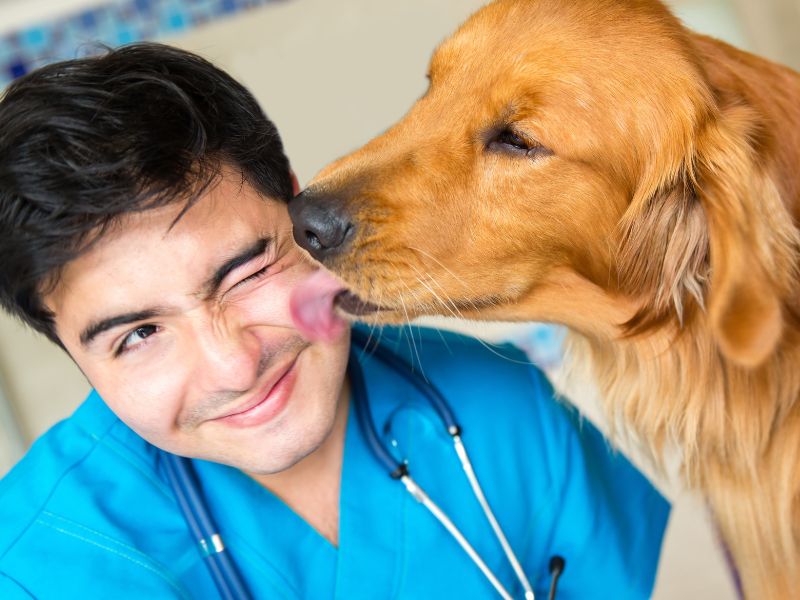Providing the best care for over 60 years
Welcome to
Elko Veterinary Clinic
At Elko Veterinary Clinic, we understand that your pets are cherished members of your family, and their health and well-being are of the utmost importance.
Veterinary Services
Exams, surgery, dentistry, pet health certificates, and more.
Online Pharmacy
Food, medication, and more with free delivery.
Our Mobile App
Book appointments, get reminders, and more with our app.
Meet Our Veterinary Team
Meet the dedicated and passionate team at Elko Veterinary Clinic. Each member of our team is committed to the health and well-being of your cherished pets. Our veterinarians bring a wealth of experience and expertise to the clinic, ensuring that your furry friends receive the highest standard of care. With a genuine love for animals, our veterinary professionals work tirelessly to create a nurturing and comfortable environment for both pets and their owners.

Complete Veterinary Care in Elko, NV
Elko Veterinary Clinic is your trusted partner in ensuring your beloved pets’ optimal health and well-being. Our comprehensive veterinary services are designed to address the diverse needs of your animal companions throughout every stage of their lives. From routine wellness exams and vaccinations to specialized surgeries, we offer a wide range of services to keep your pets happy and healthy.
General Pet Services
Pet Surgical Services
Exotic & Large Animal Services
Dog Services
Cat Services
View All Services
Cat Services
View All Services
Dog Services
About Elko Veterinary Clinic
Dr. Arlyn Cuthbertson moved to Elko in 1953 after graduating from the University of California Davis as a Doctor of Veterinary Medicine. He was eager to start a livestock-based practice.
“It was a small town then… around 3,000… At that time, I wanted a range cattle practice.” Dr. Cuthbertson recalled in an interview from 1996 that is on file at the Northeastern Nevada Museum. He and another veterinarian bought out a practice located at 1850 Lamoille Highway. He became the owner when his partner left Elko.
At that time, the practice served about 80% of large animals and only 20% serving cats, dogs, and other species.



